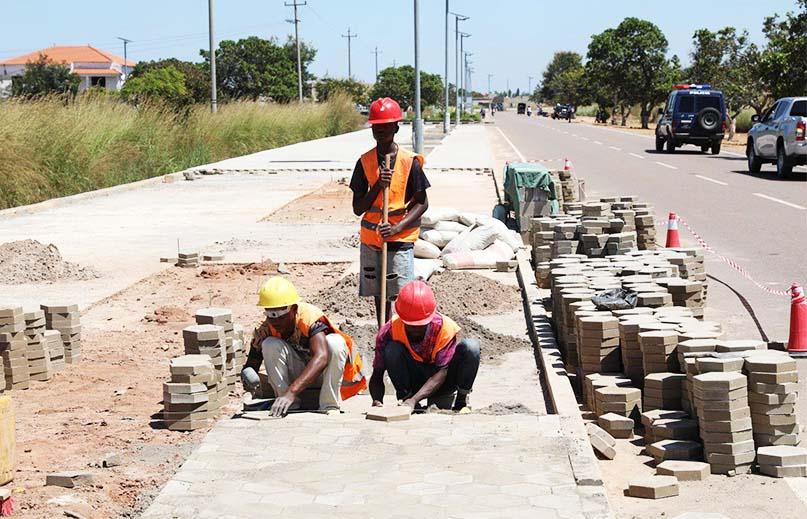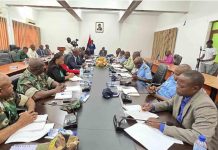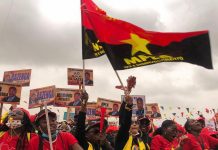Africa-Press – Angola. Several city dwellers in Lunda Sul said Thursday that the ongoing fight against corruption in Angola is galvanizing the development of the region, in particular, and the country, in general.
In a round in the municipalities of Saurimo, Dala and Cacolo, the interviewees were unanimous in recognizing that the commitment has also contributed to the promotion of transparency in the management of public affairs.
Nelito Manguanda, one of the interviewees, is of the opinion that Angola would have already reached higher levels of development if the anti-corruption program had been implemented earlier.
In Angola, the anti-corruption program began in 2017, when the President of the Republic, João Lourenço, took over as head of the Angolan State.
Nelito Manguanda, a resident of Dala, said that the results obtained in recent years have had a positive effect on the lives of citizens, highlighting the construction of schools, hospitals, leisure facilities, recovery of roads, among other achievements.
For Júlio Luanda, who lives in Saurimo, the fight against corruption is a reality that makes public managers responsible for doing good.
He acknowledged that there is still a long way to go, having called for the denouncement of bad practices, in addition to suggesting that more telephone lines be created for this purpose.
As part of the public consultation sessions on the National Strategy for the Prevention and Repression of Corruption (ENPRC), the Attorney General’s Office in Lunda Sul carried out a series of activities in the aforementioned municipalities.
By the way, the Public Prosecutor for the municipality of Cacolo, Manuel Chiena, spoke about the fundamental role in combating this evil and urged the involvement of society, in order to guarantee a society far from practices that harm good coexistence.
In the opinion of the municipal administrator of Cacolo, José Chicanji, the fight against these evils should be the responsibility of every citizen.
The meeting was attended by members of the Municipal Administration of Cacolo, traditional authorities, religious leaders, teachers, students, youth associations, members of the order and state security, as well as civil society.
For More News And Analysis About Angola Follow Africa-Press






